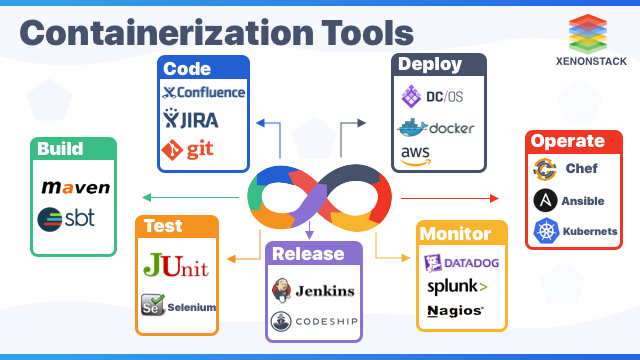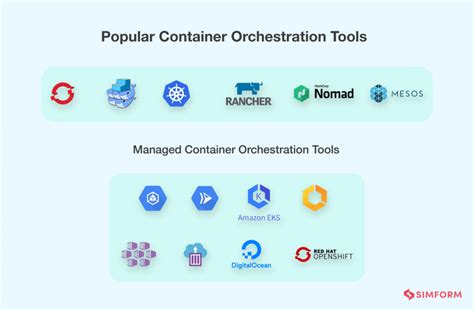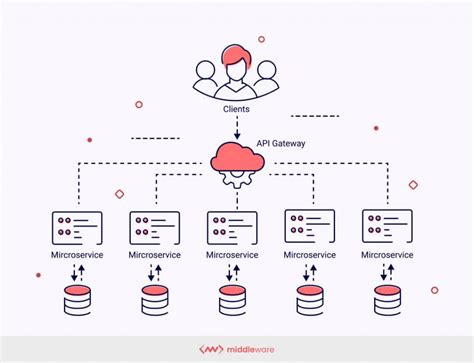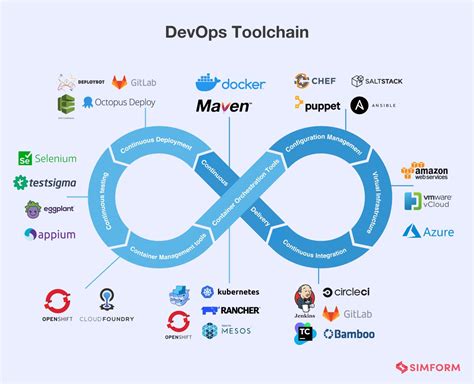Application modernization is a crucial step for organizations looking to improve the efficiency, scalability, and security of their legacy systems. In today's fast-paced digital landscape, it's essential to stay ahead of the curve by leveraging the latest technologies and tools. However, with so many options available, it can be overwhelming to determine which tools are right for your organization. In this article, we'll explore seven essential tools for application modernization that can help you achieve your goals.
The Importance of Application Modernization
Before we dive into the tools, let's take a look at why application modernization is so important. Legacy systems can be a significant burden on organizations, causing inefficiencies, increased maintenance costs, and decreased competitiveness. By modernizing these systems, organizations can:
- Improve scalability and flexibility
- Enhance security and reduce risk
- Increase efficiency and reduce costs
- Improve customer experience and engagement
- Stay ahead of the competition
Tool #1: Containerization with Docker

Docker is a popular containerization platform that allows developers to package applications and their dependencies into a single container. This makes it easy to deploy and manage applications across different environments. With Docker, you can:
- Improve application portability and scalability
- Enhance security and isolation
- Simplify deployment and management
Tool #2: Kubernetes for Orchestration

Kubernetes is an open-source container orchestration platform that automates the deployment, scaling, and management of containerized applications. With Kubernetes, you can:
- Automate deployment and scaling
- Improve application availability and reliability
- Enhance security and monitoring
Tool #3: API Gateway with NGINX

NGINX is a popular web server and API gateway that provides a scalable and secure way to manage API traffic. With NGINX, you can:
- Improve API security and authentication
- Enhance API performance and scalability
- Simplify API management and monitoring
Tool #4: Microservices Architecture with Spring Boot

Spring Boot is a popular Java framework that provides a simple and efficient way to build microservices-based applications. With Spring Boot, you can:
- Improve application scalability and flexibility
- Enhance security and monitoring
- Simplify development and deployment
Tool #5: Cloud-Native Development with AWS

AWS is a comprehensive cloud platform that provides a wide range of services for building cloud-native applications. With AWS, you can:
- Improve application scalability and flexibility
- Enhance security and monitoring
- Simplify development and deployment
Tool #6: Agile Development with Jira

Jira is a popular project management tool that provides a simple and efficient way to manage agile development projects. With Jira, you can:
- Improve project visibility and collaboration
- Enhance project planning and tracking
- Simplify development and deployment
Tool #7: DevOps with Jenkins

Jenkins is a popular DevOps tool that provides a simple and efficient way to automate development, testing, and deployment. With Jenkins, you can:
- Improve application quality and reliability
- Enhance development and deployment speed
- Simplify development and deployment
Gallery of Application Modernization Tools









Frequently Asked Questions
What is application modernization?
+Application modernization is the process of updating legacy systems to take advantage of modern technologies, architectures, and development practices.
Why is application modernization important?
+Application modernization is important because it allows organizations to improve the efficiency, scalability, and security of their legacy systems, while also reducing maintenance costs and improving customer experience.
What are some common application modernization tools?
+Some common application modernization tools include Docker, Kubernetes, NGINX, Spring Boot, AWS, Jira, and Jenkins.
We hope this article has provided you with a comprehensive overview of the essential tools for application modernization. By leveraging these tools, you can improve the efficiency, scalability, and security of your legacy systems, while also reducing maintenance costs and improving customer experience. Don't forget to share your thoughts and experiences with application modernization in the comments below!
